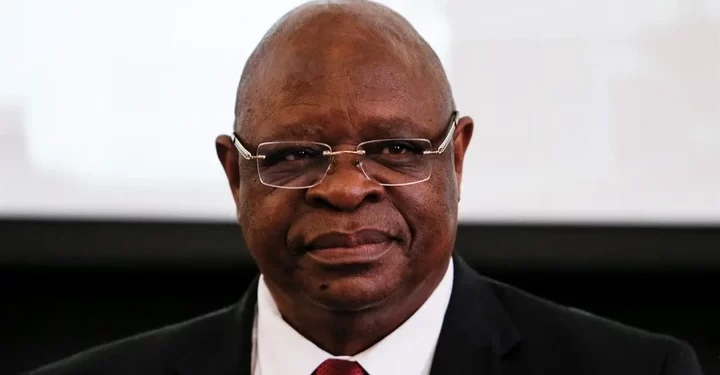The text discusses the topic of Zuma’s dispute with Deputy Chief Justice Zondo’s conduct during the State Capture Inquiry and the significance of using legal mechanisms to address such disputes. It highlights the importance of adhering to proper legal procedures for a more systematic and transparent resolution of disputes. However, it is also crucial to analyze the reasons behind Zuma’s decision not to apply these legal mechanisms and the potential implications of bypassing established legal channels in addressing disputes.
The user’s input raises questions about the effectiveness of existing legal mechanisms in South Africa and whether they truly serve the interests of justice. It prompts a deeper examination of the reasons behind Zuma’s decision to bypass these channels and the potential ramifications it may have on the country’s legal system as a whole. The user’s perspective encourages exploring alternative approaches to dispute resolution that may offer greater efficiency and equity.
The user’s concerns about the effectiveness of traditional legal channels are valid, but it is important to consider the complexities and nuances of the situation. Former President Zuma’s decision to bypass these channels may have been driven by political motivations and a lack of trust in the system.
However, it is crucial to assess the potential consequences of such actions on the overall integrity of the legal system in South Africa and examine alternative methods of dispute resolution that may address the shortcomings of the current system and promote a more equitable and efficient approach to justice.
You speak as if Zuma didn't apply legal mechanism to register his dispute about Zondo's conduct. For God's sake the man filed review application and people who peed on the rule of law was Zondo and his colleagues in the Constitutional Court.
— DAVID LEBETHE (@manetsi) July 16, 2023






















